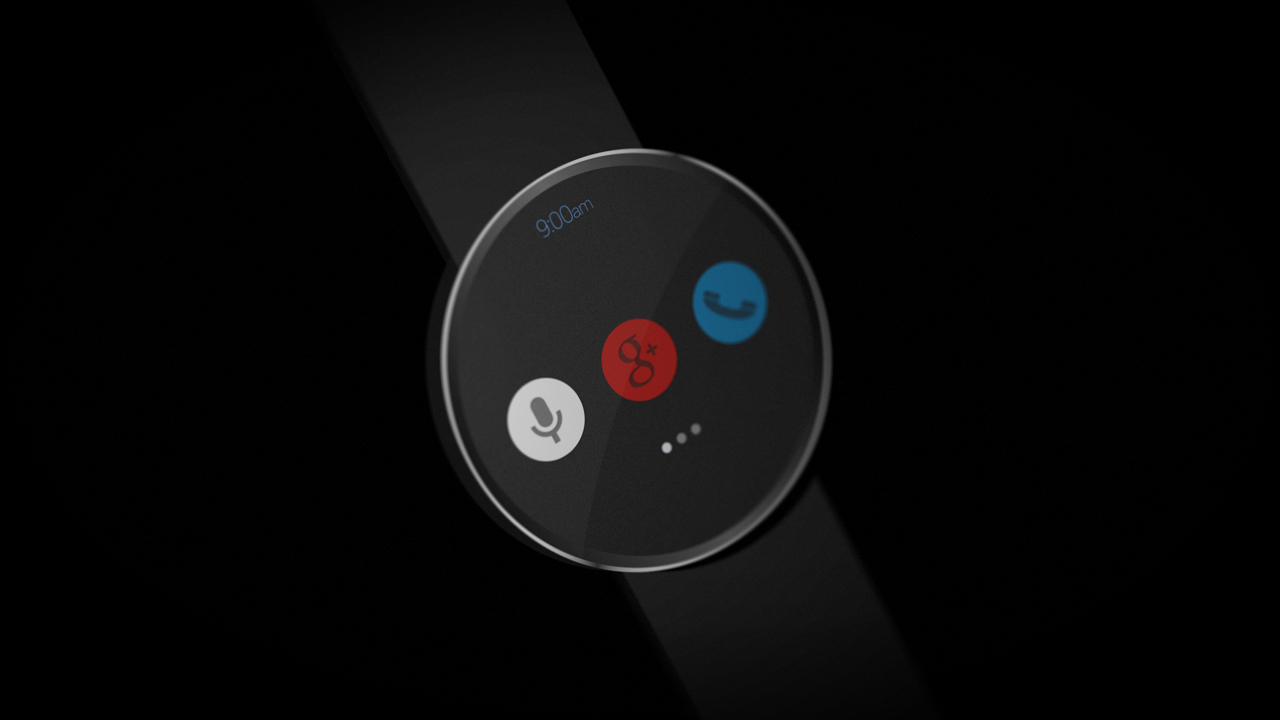Intel reportedly snatches smartwatch away from Apple and Google
Ups its wearable strategy

Intel has swooped in and bought Basis Science, maker of the Basis Health Tracker Watch.
The company was rumoured to be shopping itself around and word recently emerged that Apple, Google and others were all interested in buying it, but now we're hearing that Intel made the winning bid.
According to sources speaking to TechCrunch, the deal was done for $100 million, while another said the sum was closer to $150 million.
Google was rumoured to be in talks for a sub-$100 million buyout, so it sounds as though Intel came in and made Basis an offer it couldn't refuse.
Fighting fit
It's no surprise that Basis would have a few suitors. Its Health Tracker Watch is packed with health-monitoring functions such as heart rate and motion sensors, sleep tracking and temperature reading.
Apple is rumoured to be making 2014 all about fitness, with whispers of the iWatch and iOS 8 having a lot of focus on health.
Less is known about the possible Google watch, but if Mountain View is up to something, you can bet it will have some sort of health element.
Get daily insight, inspiration and deals in your inbox
Sign up for breaking news, reviews, opinion, top tech deals, and more.
Intel recently told TechRadar that it has a lot of interest in wearable tech and its role in the Internet of Things. It also showed off a number of wearable devices at CES 2014.
We've contacted Intel to ask for confirmation on the buyout, and will update when we hear more.
- Here's what we think we know Google's smartwatch plans so far
Hugh Langley is the ex-News Editor of TechRadar. He had written for many magazines and websites including Business Insider, The Telegraph, IGN, Gizmodo, Entrepreneur Magazine, WIRED (UK), TrustedReviews, Business Insider Australia, Business Insider India, Business Insider Singapore, Wareable, The Ambient and more.
Hugh is now a correspondent at Business Insider covering Google and Alphabet, and has the unfortunate distinction of accidentally linking the TechRadar homepage to a rival publication.
